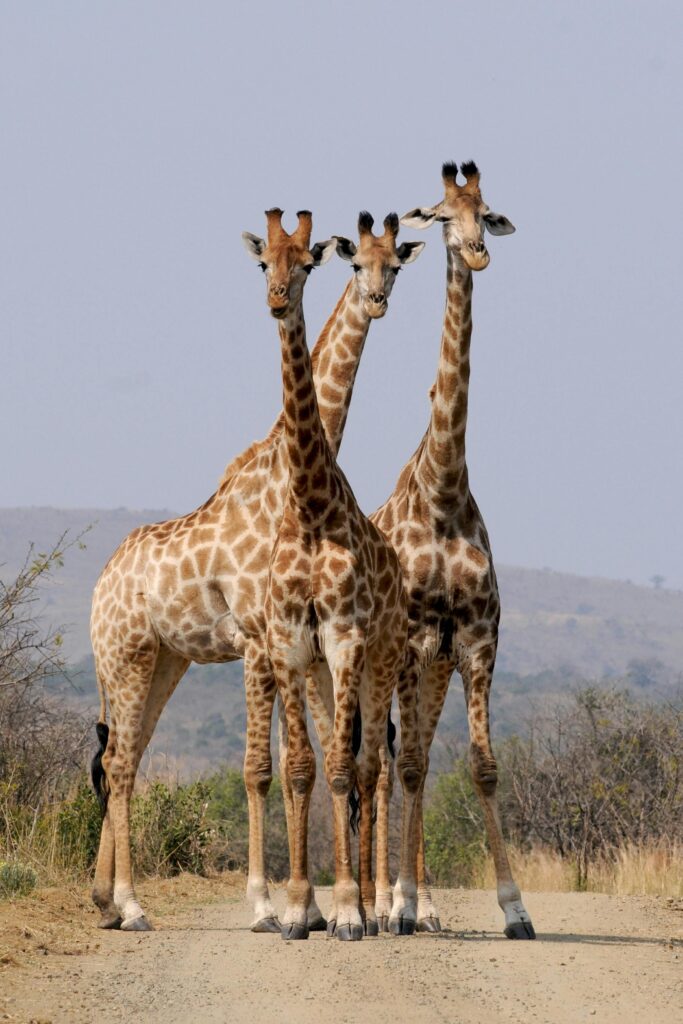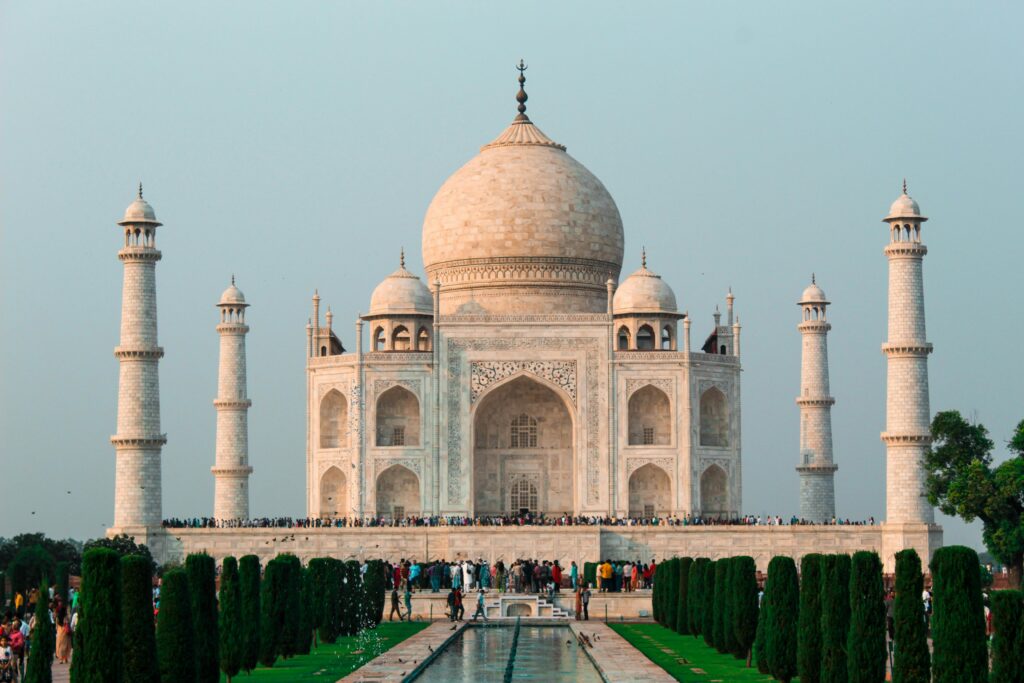Wild animals are a very interesting collection of organisms that inhabit the different ecosystems of Earth, such as forests, mountains, oceans, and deserts. These animals play a vital role in maintaining the balance of ecological systems, making them important for the health of our planet. From giant top predators to tiny insects, wild animals are incredibly diverse in form, size, and behavior, and each species has a unique role in its ecosystem.
What Are Wild Animals?.
Wild animals live in their native ecosystem without any human interference. Such species survive by using their instincts and their native ecosystem, unlike the domesticated species. Therefore, such species are important to maintain biodiversity that is necessary for a healthy and prosperous ecosystem.
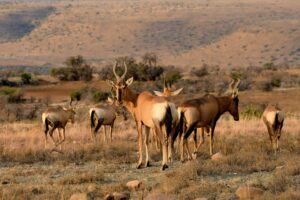
Importance of Wild Animals
Balanced Natural Ecosystem
In the wild animal ecosystem, there are predator species that help control the population of the prey species. Herbivorous species impact the plant life and scavenger species help in decomposing the organic matter.
Pollination and Seed Dispersal
Bees, butterflies, bats, and birds are involved in the process of pollination, an activity that plants need to reproduce. Most animals are also seed dispersers, assisting forests and other vegetation to develop.
Indication of Environmental Health
The presence or absence of certain wild animals is often an indication of the health of an ecosystem. For instance, amphibians are sensitive to pollution and have been used as an early warning system for problems in the environment.
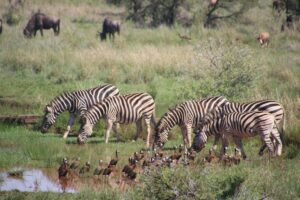
Cultural and Economic Importance
Wild animals also serve as inspiration for art, literature, and folklore. Additionally, they help economies by providing ecotourism opportunities and support scientific studies.
Fascinating Facts About Wild Animals
The Cheetah: Speed King
The cheetah is the world’s fastest land animal. It can reach a speed of 70 mph in short distances. Its body is very thin and has non-retractable claws, which gives it a lot of grip to move faster.
Elephants have an incredible memory. They can remember watering holes and migratory routes even after decades. Elephants also exhibit incredible emotional intelligence, often mourning their dead.
Octopuses: Marine Geniuses
Octopuses are highly intelligent marine animals that can solve problems and escape from enclosures. They have three hearts, blue blood, and their color can change to stand out from their surroundings.
Honeybees: Nature’s Workaholics
One honeybee generates roughly 1/12 of a teaspoon of honey in a lifetime. Bees communicate about the location of food sources by means of a “waggle dance”.
Penguins: The Non-Flying Divers
Though Penguins cannot fly, they are highly accomplished swimmers. The Emperor Penguin can dive up to a depth of over 1,800 feet and remain underwater for longer than 20 minutes.
Giraffes: Tallest Mammals
The tallest of the mammals are giraffes, that stand up to 19 feet tall. Unique heart adaptations make them pump blood all the way to their brains. Their 18-inch long tongue enables them to feed on thorny plants.
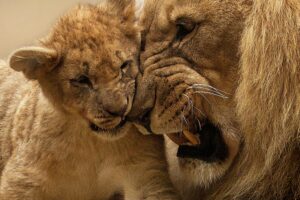
Bats: Only Flying Mammals
Bats are the only mammals that fly. They provide control for most pests by feeding on thousands of insects every night. Some bat species are significant pollinators too.
Dangers of Wild Animals
Despite their importance, wild animals are threatened in several ways:
Habitat Destruction: Deforestation, urbanization, and agriculture are reducing the natural habitats.
Poaching and Illegal Wildlife Trade: Animals like rhinos and tigers are hunted for their horns, skins, or bones.
Climate Change: Rising temperatures and changing weather patterns disrupt habitats and migration.
Pollution: Plastics, chemicals, and waste are killing wildlife, especially marine animals. How Can We Protect Wild Animals?
Conservation Programs
Support conservation efforts and protect wildlife by promoting the protection of natural habitats.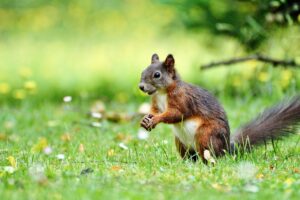
Sustainable Practices
Only select products that are not environmentally harmful or leading to deforestation.
Education and Awareness
Disseminate awareness of the significance of wildlife preservation and promote responsible actions.
Wild animals are the earth’s guardians and not just inhabitants. We respect their habitats as a way of protecting them to ensure survival of ecosystems and, by extension, humanity. We can all appreciate their position and take action toward conserving them to help ensure a harmonious and sustainable future. Let us celebrate the wild and commit to preserve the wild

